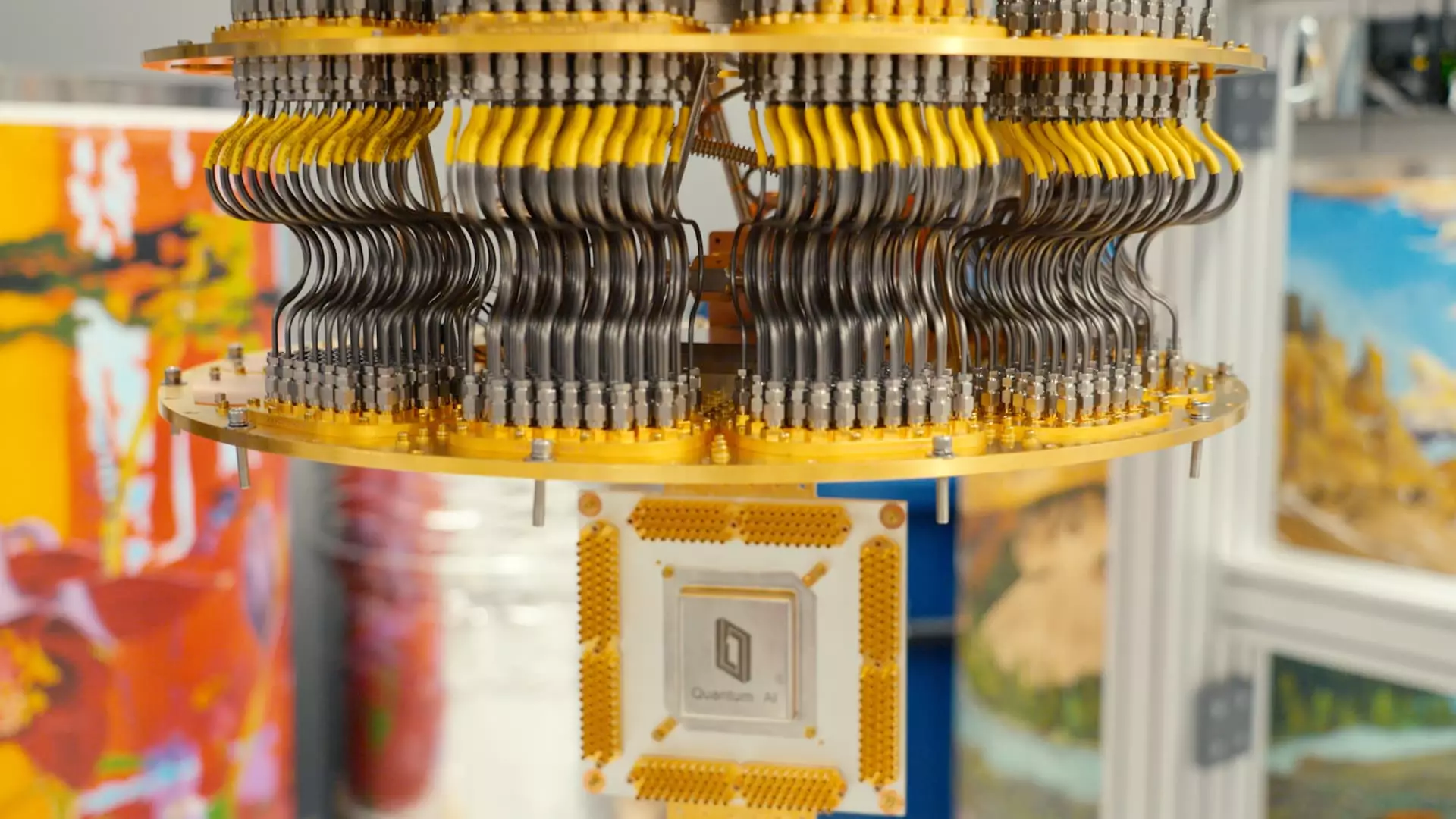Nestled away in the picturesque landscapes of Santa Barbara, California, Google has been investing heavily in a technology that could redefine the landscape of computing: quantum technology. While media attention often centers on generative AI, it may very well be quantum computing that holds the key to the next great frontier in technology. The potential of quantum computers to solve complex problems in fractions of the time it takes classical computers makes this venture not only ambitious but essential. However, the question remains: are we ready for such incredible advancements, or will they lead us down a precarious path?
Laboratories of Promise and Peril
Inside these secretive labs, scientists are not merely conducting experiments but are instead balancing on the tightrope of possibility and risk. Google’s newfound quantum chip, Willow, boasts capabilities that, according to experts like John Preskill from Caltech, could propel the tech giant to the forefront of a new era. But does ambition alone drive technological success? The concern is that with great power comes great responsibility. As we edge closer to realizing quantum computing’s promise, we must consider the consequences that come with wielding such extraordinary capabilities.
AI and Quantum: Partners or Adversaries?
Julian Kelly, Google’s director of hardware in Quantum AI, has suggested that quantum and AI can work in a symbiotic relationship. However, the reality isn’t quite as reassuring. As AI reaches a tipping point where its models begin running out of high-quality data, the proposal of quantum applications generating new datasets sounds brilliant in theory but could equally lead to unforeseen ethical dilemmas. Will these new datasets merely exacerbate existing biases, or are we equipping AI with even sharper swords to cut through ethical constraints?
Commercial Viability: A Double-Edged Sword
One key motivation behind Google’s pursuit is the commercial potential of these technologies. As they chase practicality within five years, they must never lose sight of the ethical implications of their discoveries. The tech world needs to temper its enthusiasm for innovation with a grounded approach that prioritizes ethics and human dignity. The fear lurks that what can be commercialized will often prioritize profit over the greater good.
The Race Against Time
Is Google truly late to the game as critics suggest? While OpenAI has dominated headlines with generative AI, this doesn’t imply Google’s quantum research will take a backseat in the near future. In fact, their focus on leveraging quantum technology could secure their position ahead of the curve, if done thoughtfully. However, the urgency for breakthroughs signals a desperation that borders on reckless—will haste lead to unforeseen crises?
Charting a Sustainable Future
The intersection of quantum computing and AI holds breathtaking potential, yet it is vital to remember that with each step forward, we must evoke a sense of caution. History is rife with stories of technological triumphs turned disasters, and while the ambitions at Google are commendable, we must ensure these formidable tools are wielded wisely. Fast-paced innovation should not obliterate our moral compass; instead, it should accelerate our path towards a more enlightened future.

